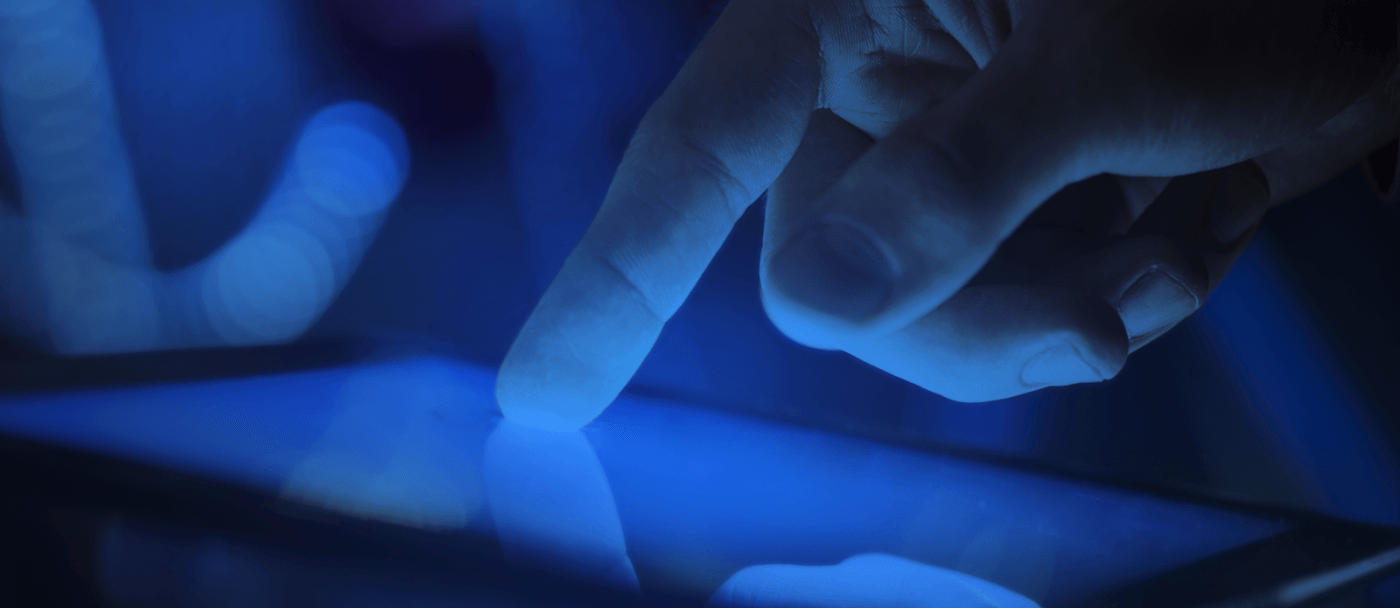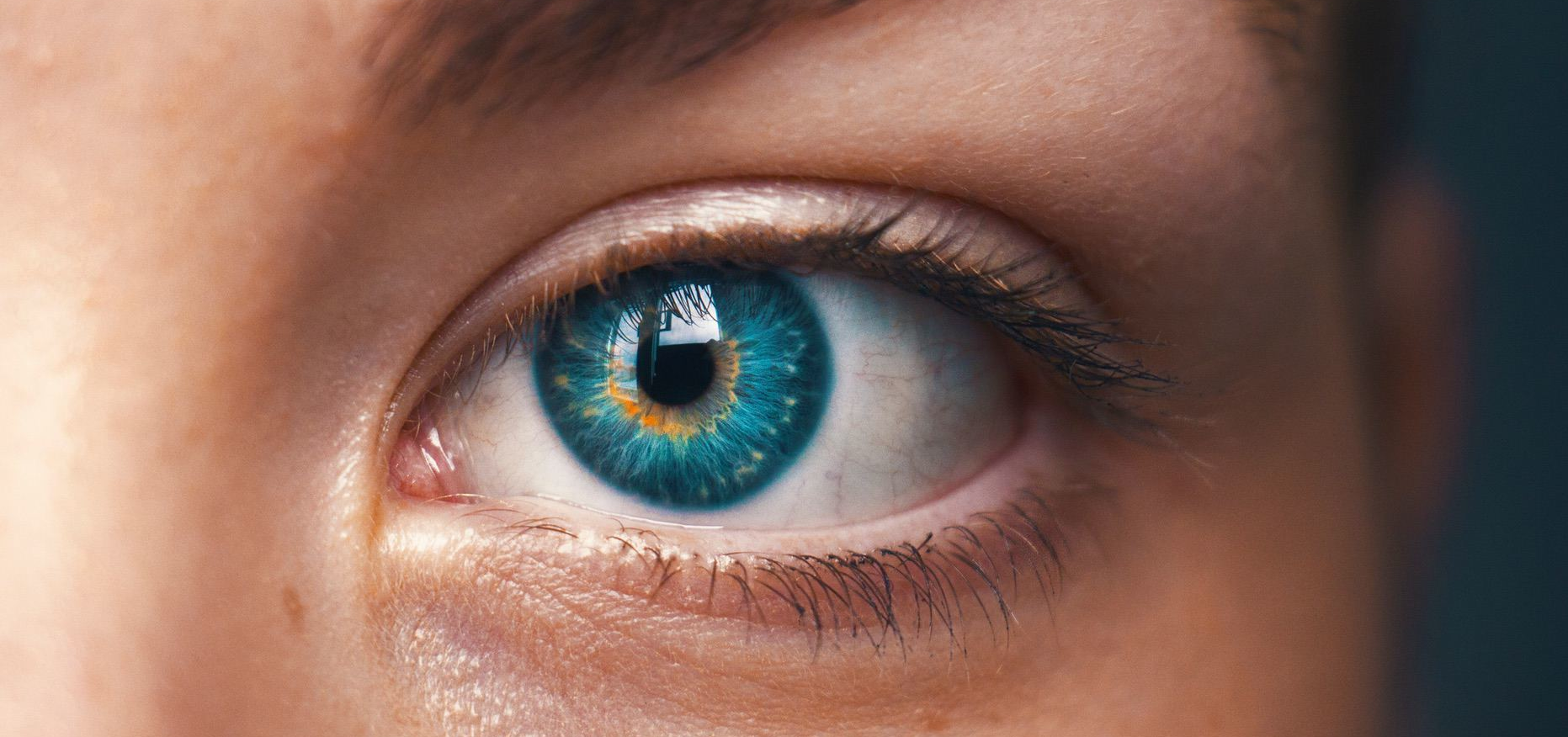The Quick and Blurry - The Latest Trends in Optometry
Dr Carla Schneider • December 27, 2019
Those blue light lenses

A very hot topic at the moment, but also a bit misleading. As we live in a digital age, most people have heard about lenses that block blue light. But what do they actually do?
In short, they block blue light which is emitted from our screens (computers, phones, tablets), which reduces glare and supposedly helps with our sleep patterns.
Blue light is a short wavelength, higher energy light, and there’s a lot of it in our natural environment, even from the sun. We can now put a coating on a pair of glasses that will reflect blue light. Recent studies have suggested that excessive amounts of blue light from our digital devices alters melatonin production, a hormone responsible for regulating our sleep cycle.
So, we always tell people that if your eyes are fatigued and you feel your sleep patterns aren’t great after screen time, then a blue light filter might help.
But isn’t blue light harmful?
This is the misleading bit. While blue light itself is harmful to the eyes, our devices simply don’t emit enough blue light to cause any damage. We don’t have any evidence to suggest that the intensity of blue light that comes from our screens is actually going to hurt our eyes.
Myopia (short/sighted) control
Another very hot topic at the moment. Quite often we see children who are getting more and more myopic each year. This means that the eye is effectively growing longer, making the vision blurrier and putting the eye at risk of retinal detachments. If their parents are also myopic, the children are at a greater risk of progression. But what can be done about it?

Well, some places are working their butts off trying to figure out how to stop the progression of myopia. So far, they’ve come up with a few solutions:
1) Eye drops before bed.
These are very special eyedrops, made from 0.01% atropine. They have been shown to slow myopia progression by about 60%. Interestingly, the exact mechanism by how they work isn’t greatly understood.
2) Hard contact lenses overnight.
This is called ortho-keratology, and having a firm contact lens on the eye while the child sleeps effectively flattens the cornea, which will slow progression by about 60% as well. The bonus here is that the next day, the child can often see without wearing glasses because of the flattening effect.
3) Special soft contact lenses.
These contact lenses have multiple zones of power in them which tricks the eye into not growing as long each year. We prefer to use the MiSight lens by Coopervision, which has shown to slow myopia progression by about 50%.
4) Multifocal glasses.
There is evidence to suggest that multifocal (extra power for reading in the bottom), rather than single vision (one power throughout the lens) will also slow myopia progression. Keep in mind that a multifocal doesn’t have any lines on the them like a bifocal does, but rather looks just like a regular lens. The reported effectiveness of multifocal glasses varies, with some studies suggesting a reduction in progression of about 50%.
So that’s a quick snapshot of what we can do for myopia progression. To put this into context, if your child’s myopia is progressing, and they are -2.00 for example, then the next year they may only be -2.50 with the above methods rather than -3.00 without.
Share This Blog
Show More



